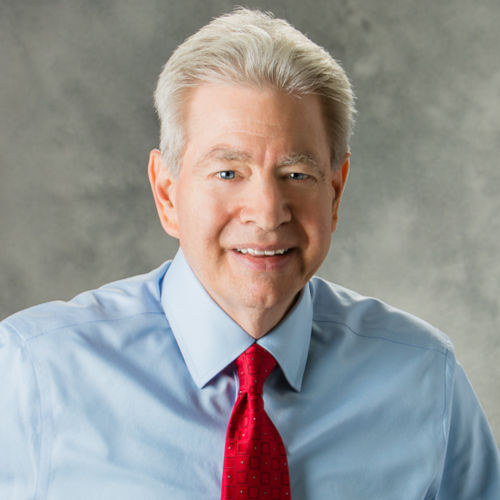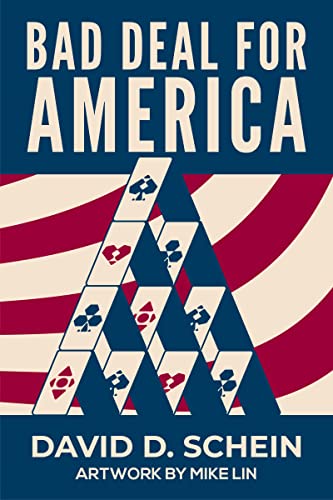How do you write a true story when the details are lost to history?

When this author set out to write a semi-biographical book, he realized that many of the details had faded in his memory. How to get them back?
by David D. Schein
Often, aspiring writers are told, “Write about what you know.” Well, for most of us, that means writing about ourselves or our families. Stories may involve a relative who fought in World War II, a special moment in our lives, or an unusual accomplishment. The key for many of these stories is that the writer knows the facts intimately, and the writing is often fairly easy. In many cases, a later draft will involve some research to clarify names and locations.
 Suppose, however, that the story involves a period of your life that happened nearly fifty years ago. Most writers would have difficulty recalling those dates and locations. This is especially challenging for personal events, because unlike historical events that are reported for posterity, such events are unlikely to be recorded anywhere.
Suppose, however, that the story involves a period of your life that happened nearly fifty years ago. Most writers would have difficulty recalling those dates and locations. This is especially challenging for personal events, because unlike historical events that are reported for posterity, such events are unlikely to be recorded anywhere.
I have confronted that dilemma with my current book-in-process. The book tracks a period in the early 1970s when I took on college and the City of Philadelphia with little to no background. Somehow, I ended up with a weekly radio show about the arts and entertainment scene in Philadelphia on the Public Broadcasting radio station, operating a diverse arts management agency, and yes, I did finish college. During that time, I met fascinating people who helped to shape the rest of my life. Sadly, most of them are no longer with us. I also had a series of memories that I have shared with people along the way. Many times, I was told, “You should write a book about that!” Well, easier said than done.
Books & Buzz Magazine is where writing pros spill their secrets! Subscribe now for free
The book’s title is a play on the reality of the situation. A kid with nothing wins a scholarship to an Ivy League college. He is a poor fit for this college, where he feels like a “duck out of water.” However, he begins to interact with the community and finds what he learns on the streets of Philadelphia is more valuable than much of what he learned on campus. Therefore, it is “A Cheap Education” (“ACE“).
Over the last twenty years, I have had a couple of false starts to the book. About eighteen months ago, I committed myself to producing ACE as my next book, after authoring two non-fiction books, released in 2018 and 2022. By that time, I had no contemporaneous records to support the writing of ACE. I began to gather what I would need to put the book together.
First, I reviewed the earlier drafts. I found that contributed little. Second, I began to do research on public records for the arts and entertainment scene in Philadelphia for the time period. Most leads were dead ends. I found organizations that still existed either had no records for the period, failed to respond to my inquiries at all, or bluntly told me that they would not help me.
Writers are told, “Write about what you know.” Suppose, however, that the story happened nearly fifty years ago. Most writers would have difficulty recalling those dates and locations.
Finally, I had a major breakthrough. Many celebrity luncheons that I attended were at the historic John Wanamaker store in the center of Philadelphia. When the store closed, the records were donated to the Historical Society of Pennsylvania. Initially, the records were just a stack of boxes. However, as a result of a grant, there was now a digital index of what was there. I was able to locate the code numbers of the most promising boxes. Then, I found a college senior in Philadelphia who was willing to go to the offices of the Historical Society and locate those records. It was a truly exciting find. He sent me the exact records that I needed for the relevant period.
Third, as a result of hours of online research and searching various websites, I was able to locate information about the Pennsylvania Academy of the Fine Arts, the Institute of Contemporary Art, and several other major arts and entertainment organizations. Again, this provided key dates and events. This would serve to anchor the story that I planned to write.
Fourth, again online, I located information about some of the performers and artists that I had interviewed in person, on the radio, and others whom I had represented in my agency. I located obituaries or Wikipedia entries for some of the people that I had met during that time. Of the four or five that appeared to still be active, only a couple even replied to my inquiries. I still hope to locate more responses before ACE is finalized. One key person still lives in Philadelphia and did provide some recollections, and even better, some photos from that time.
Fifth, now it was time to develop an approach to the book. A key decision was to create a work that was fiction-based-on-fact. The reasoning for this was that due to the passage of time, it was not possible to accurately portray everything in detail. Further, there were some sensitive things that happened to various parties portrayed in the book. I felt that it was best not to hurt the living or the relatives of those who had passed. However, due to the research that I conducted, I could accurately include the meetings with the famous celebrities of that period. This included Helen Hayes, Carol Channing, Ricardo Montalbán, Dionne Warwick, The Supremes, The Temptations, the comedy duo of Stiller & Meara, and many more. In addition, my research provided dates and details on some of the many art exhibits and performances that I could incorporate into the book.
Sixth, a fundamental of writing is a solid outline. I thought I had that worked out, but after about 25,000 words, I decided that I needed to do a more detailed outline. This was required so that I could incorporate the volume of research material into a logical timeline. That is the draft’s status. Current target is to complete the book before the end of the second quarter of 2025.
Dr. David Schein is the bestselling author of Bad Deal for America (2022) and The Decline of America: 100 Years of Leadership Failures (2018). He is also an international speaker, tenured professor, attorney, HR consultant, and president of Claremont Management Group, Inc.